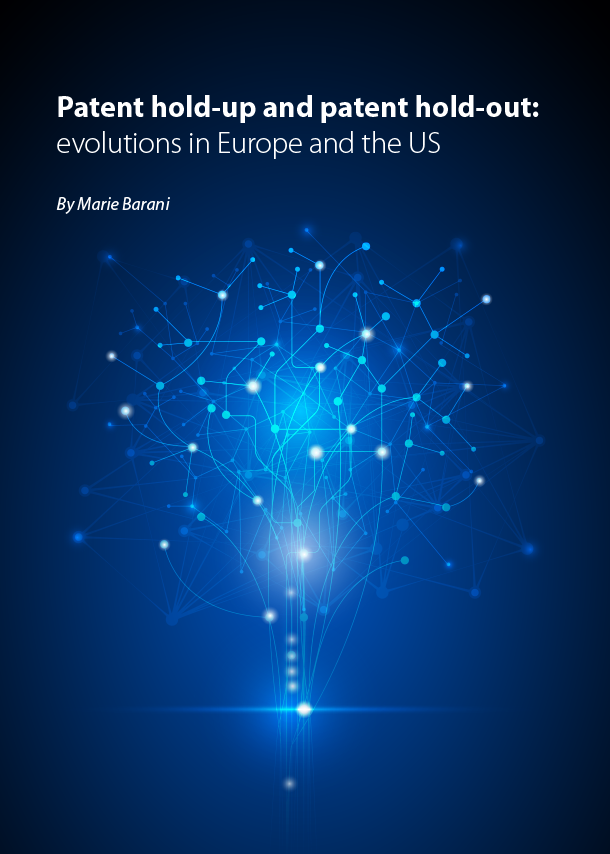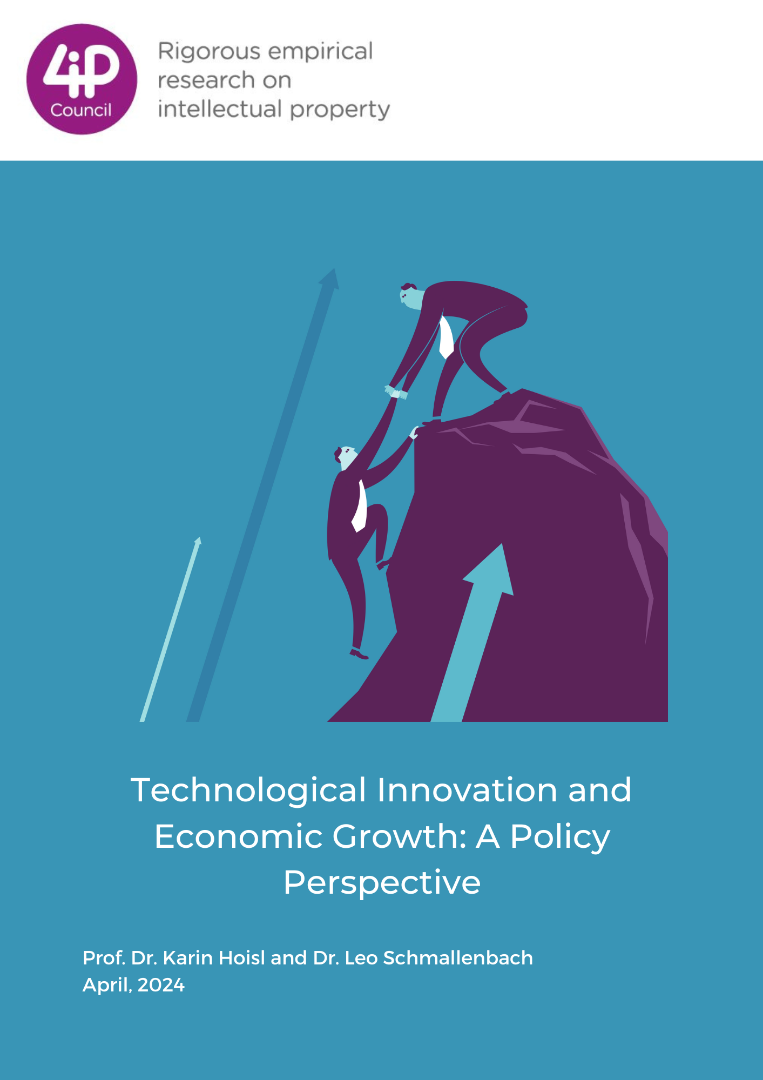Patent hold-up and patent hold-out: evolutions in Europe and the US
By Marie Barani
Formal or ‘de jure’ standardization is a voluntary and collaborative process. In this process,
participants contributing to standards development pull together human, financial and technical
resources to have the best consensus-driven solution with which all participants can live adopted as
a technical standard. Standardized solutions seek to ensure interoperability between competing
devices while delivering higher technical performance. De jure standards are made available to any
entity wishing to implement them.
Companies submitting technical contributions in standardization take financial and technical risks in
doing so. One of them is the risk that their technical contributions will not be adopted or integrated
into the standard, in which case they lose those investments, often significant, made in developing
the technology and in the standardization process. Therefore, technical contributions to the
standard may well be covered by intellectual property rights, especially patents, used to protect the
investments made in technology development. Patents are exclusive rights, entitling their holders to
prevent third parties from using the protected technology. However, in a standardization context,
patent-holders usually commit to make their patented technology available under the Intellectual
Property Rights (IPR) Policy of the relevant standardization organization, where that technology is
essential to practicing the standard (known as standard essential patents or SEPs). Licensing SEPs is
a way to reward the SEP owners for their financial and technical risks while enabling broad
technology dissemination.






